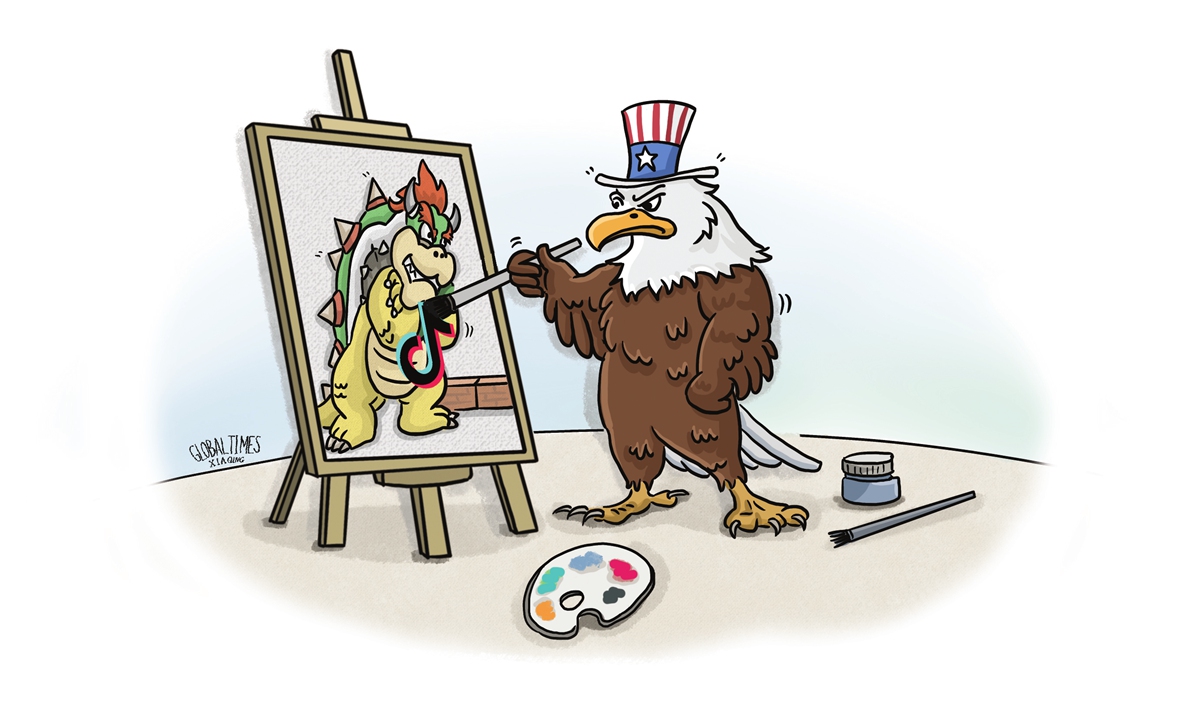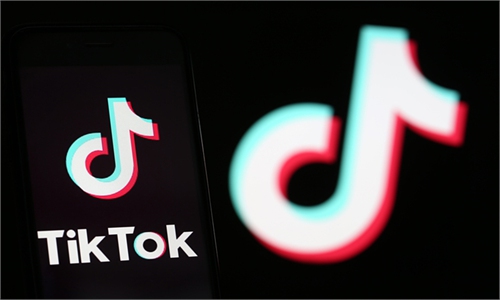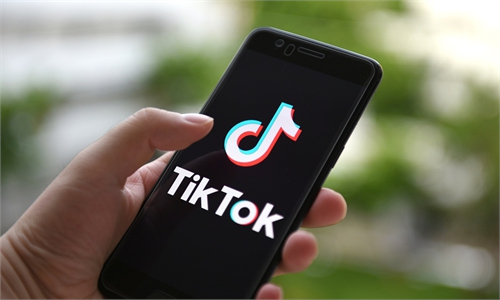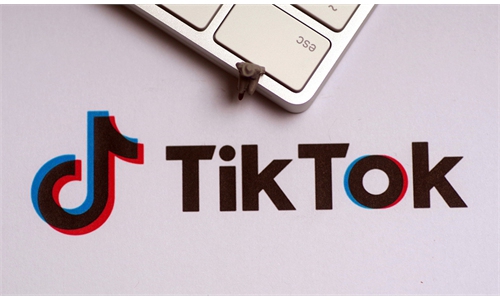Political plague drives presumption of guilt against TikTok, tramples on market rules

Illusration: Xia Qing/Global Times
TikTok CEO Shou Zi Chew is set to testify before the House Energy and Commerce Committee on Thursday addressing the app's security and privacy practices. It will be Chew's first appearance before a congressional committee.In recent weeks, the contentious debate over TikTok has reached new heights. The short-video platform operates in the US in full compliance with US laws, but due to a toxic American political atmosphere, anything - including national security or data privacy - can be used as an excuse to arbitrarily suppress other countries' enterprises.
Some in the US may think the country can maintain its economic hegemony by choking off innovative and competitive companies from other countries, but in fact, they open Pandora's box, political plague has made some people lose their rationality and basic objectivity.
In recent years, the short-video platform has been put under a magnifying glass but officials and politicians in Washington have still failed to provide any substantial evidence to prove that TikTok's operation threatens the country's national security. It's a little bit ironic that Thursday's hearing is titled "TikTok: How Congress Can Safeguard American Data Privacy and Protect Children from Online Harms." At the very least, the case reflects US officials and politicians, with no factual basis and evidence, have adopted the presumption of guilt rather than the presumption of innocence. This is in violation of free market principles.
Inspired by the vast commercial success of TikTok, almost all social media platforms try to provide a video sharing function. For instance, Instagram launched Reels; Snapchat launched Spotlight; Pinterest launched Idea Pins; and YouTube launched Shorts. So, why is it only TikTok that stands accused of threatening so-called national security? In the eyes of American officials and politicians, TikTok's Chinese background is an "original sin." This is no more than a new variation to the cliché "China threat" theory.
Generalizing the concept of national security, some people have taken the "China threat" theory to an extreme. The US has become increasingly paranoid about anything related to China. American officials are increasingly worried that massive, Chinese-made cargo container cranes at American ports may become a spy tool for Beijing, enabling them to carry out secret missions in full view of passersby, according to media reports earlier this month. Perhaps one day everything from China - not only TikTok, but also refrigerator, green tea and giant panda - may be suspected to pose a national security threat to the world's largest economy.
However, while politicians are generalizing the concept of national security, many young Americans have poured scorn on the new version of the "China threat" theory. A BBC Chinese report said at the University of Oklahoma, which announced it was blocking TikTok on the campus wi-fi in December, students were surprised and annoyed, but some were pretty quick to figure it out and find they can simply switch from wi-fi to a personal mobile data plan to get around the ban. The report said Morning Consult's survey showed less than one-third of American respondents aged 18 to 25 supported a prohibition of TikTok.
At present, more social media platforms have focused their attention on the short video market. Against the backdrop of increasingly fierce market competition, people should think about why young people can distinguish right from wrong but American elites are still fanatically obsessed with the "China threat" theory. The only possible explanation is: what lies behind a battle on so-called digital security are huge business interests of the US internet industry.
In recent years, the US' internet structure has atrophied, as some American enterprises keep losing competitiveness amid fierce market competition. Against this backdrop, American economic hegemony won't allow a Chinese company capable of challenging the competitiveness of its US counterparts.
American elites, on the surface, are talking about data privacy, but they are actually robbing foreign firms' economic interests and market shares. The fact that Washington can suppress and rob foreign firms without justification is a manifestation that in order to maintain US hegemony, Washington will engage in any form of rogue behavior that violates market principles.
The US economy would pay a price for Washington's distorted hegemonic behavior, as protectionism may end up harming the US itself. Once Pandora's box is opened, political plague will harm the US economy, and foreign companies doing business in the US, such as TikTok, won't be the only ones that suffer.
The author is a reporter with the Global Times. bizopinion@globaltimes.com.cn



